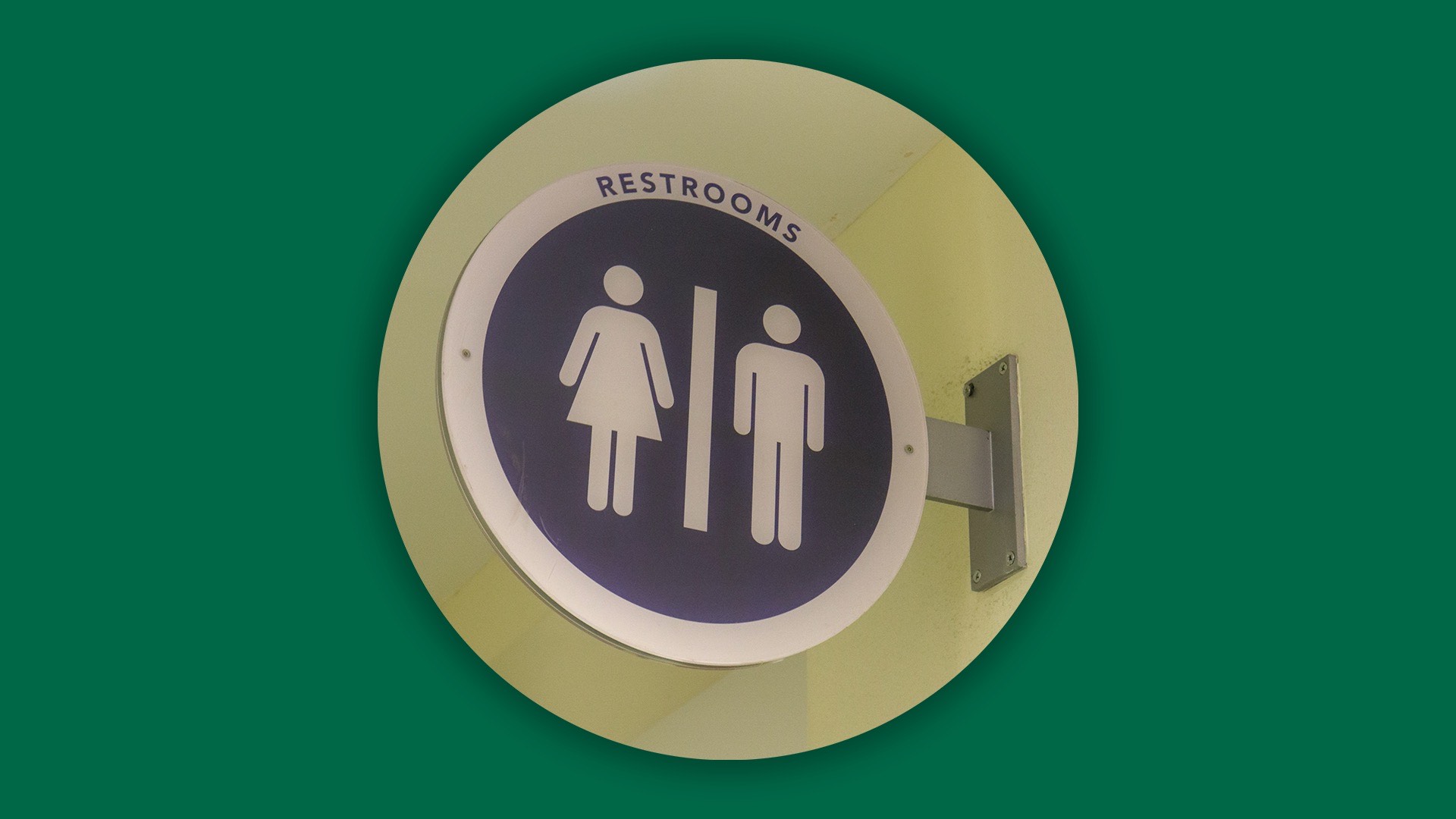Trans students fear new USF bathroom rule: ‘Treated as a whole different species’

Andrew Lynch, freshman American Sign Language (ASL) interpreting major, was 16 years old when he was attacked for using the men’s bathroom in his high school in St. Pete.
“I am afraid of it happening again every single day, everywhere I go,” Lynch, who is a transgender man, said. “I am afraid to use the public restroom.”
The Florida Board of Governors (BOG) passed a new regulation for state universities based on House Bill 1521 in a 15-2 vote on Nov. 9.
Related: USF students oppose proposal to remove sociology as general education requirement
HB 1521, or Facility Requirements Based on Sex regulation, prohibits people using public bathrooms on state university campuses from “willfully entering” or refusing to leave the restroom “designated for the opposing sex” when asked to, “according to a companion bill in the Florida Senate.
The regulation allows universities to charge individuals who refuse to leave the restroom or changing facility with trespassing. Employees can be subjected to “disciplinary action” which can go up to “dismissal” according to the bill. Institutions are to determine action when offenses are committed.
USF is still reviewing the implementation of the regulation, Director of Media Relations Althea Johnson wrote in a statement to The Oracle.
“We are determining next steps in the process, actively assessing potential impacts and will provide updates to the university community as needed,” she wrote.
Lynch, now 18 years old, said that college restrooms will be even harder to “police” than on a high school campus.
The Oracle inquired on how such regulations will be applied in dorms and other gendered facilities on campus. Johnson did not provide answers beyond the statement.
Related: Florida’s new proposed regulation threatens free speech on college campuses, students say
Sophomore art major Nick Nelson, 19, said the harm is not a possibility, it’s a certainty, especially for him and his fellow trans peers living in dorms.
“Going into the bathroom to shower is definitely not going to go well, or safely for anybody” He said. “Trans women going into the men’s bathroom would be terrifying.”
He said the regulations and limitations placed on public restrooms will only bring more attention to trans people, subjecting them to harm and harassment.
Checking government-issued IDs might be a way, but many trans people have altered the gender mark in documents, Nelson said. Students, then, are still left confused on how USF will determine who is in the “right” bathroom, he said.
“There is no real way of ‘checking’ unless they really pull your pants down, which they are not going to do,” he said. “I would hope.”
The legislative focus on protecting the general population, and specifically children, from trans women and drag queens in Florida is based on fear, according to USF Trans+ Student Union Treasurer and biomedical sciences senior Andy Pham.
“For some reason, when people consider the fact that a woman can have a penis, it shatters their worldview,” Pham said. “I think it is because we’ve labeled people with penises as inherently harmful.”
People believe in the narrative that trans women are still cis-gendered men, dressing up to assault people, according to Nelson.
“If someone is trying to be a creep, they are not going to change their whole life to do so. They are just going to walk into the bathroom. They are not trying to hide it,” he said.
The concern for the safety of others interacting with trans or nonbinary people in restrooms expressed in HB 1521 is poorly directed, according to Pham.
“You are not going to make people feel safer by policing 0.5 percent of the adult population,” he said.
Pham said those who don’t have access to hormones and other gender affirming care, those who choose not to medically transition or gender non-conforming people are most disadvantaged by this regulation.
Pham said he urges everyone to keep using the restrooms they feel the safest in.
“Which bathroom I use is entirely dependent on how I am dressing that day. So if I am wearing a mask and a skirt, because sometimes I will do that, I guess for the comfort of the guys I’ll use the [female] bathroom,” Pham said.
For Lynch, these regulations make him rethink if he is safe on campus. He said if the university approves of this legislation, he will wonder whether or not his peers and professors believe he should exist.
“We are treated as a whole different species, we are not even treated as human sometimes,” he said. “It is so frustrating. I just wish people took a moment to realize that we are not different from them.”
CORRECTION: A previous version of this story incorrectly stated the action made by the Florida Board of Governors on Nov. 9.







